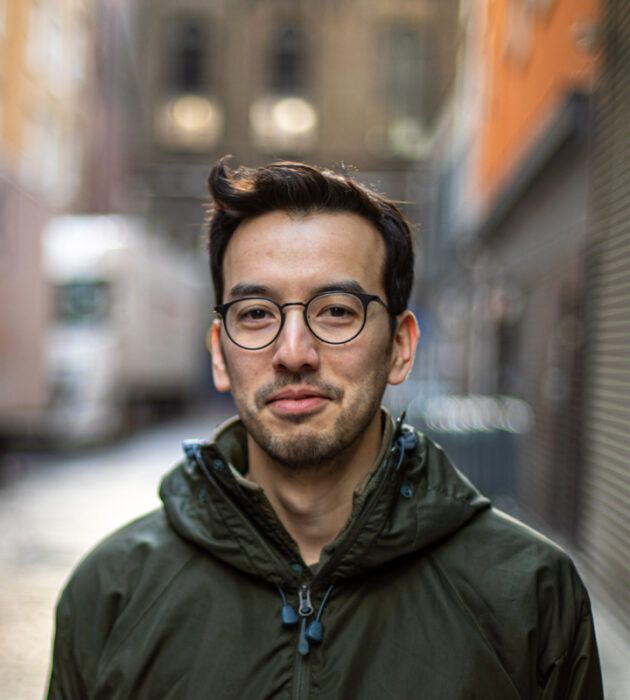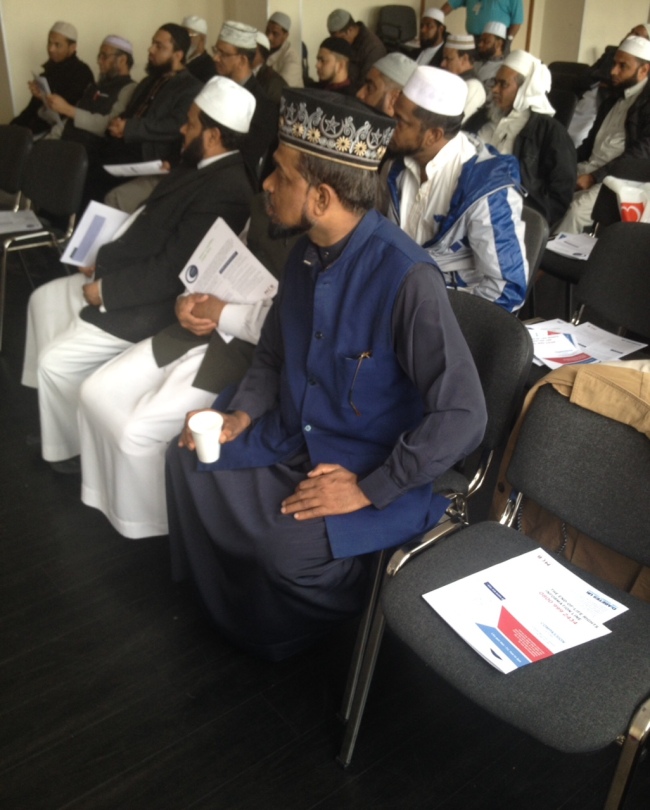
Zach Moss
22 May 2014
Imam Training Day at London Muslim Centre
 The day was chaired by Muhammad Sadiqur Rahman and Rayhan Uddin and was organised as part of the Mosques Faith in Health programme. Faith in Health is a partnership with NHS Tower Hamlets and aims to create awareness in the community of the health services to the 45 mosques in Tower Hamlets. Working in partnership with the Association of Islamic Teachers, Faith in Health runs training sessions for Imams and Islamic teachers on different health issues such as diabetes, healthy living and heart disease; issues that are prevalent in the community, allowing the Imams and teachers to serve their communities more effectively.
The day was chaired by Muhammad Sadiqur Rahman and Rayhan Uddin and was organised as part of the Mosques Faith in Health programme. Faith in Health is a partnership with NHS Tower Hamlets and aims to create awareness in the community of the health services to the 45 mosques in Tower Hamlets. Working in partnership with the Association of Islamic Teachers, Faith in Health runs training sessions for Imams and Islamic teachers on different health issues such as diabetes, healthy living and heart disease; issues that are prevalent in the community, allowing the Imams and teachers to serve their communities more effectively.

- ‘Definitive’ meaning adopting treatment such as artificial food and water and antibiotics that will always help sustain life – he recommends that it is accepted by those of Muslim faith.
- ‘Presumptive’ meaning adopting treatment that does not always have a desired outcome – he states that because of this, it is not mandatory to consent to this in the Muslim faith.
- ‘Speculative’ meaning if there is no hope of recovery then the treatment should not be adopted and the individuals should trust in the will of God. For example, if the heart stopped naturally, then it is God’s wish and so it would be acceptable not to intervene.
